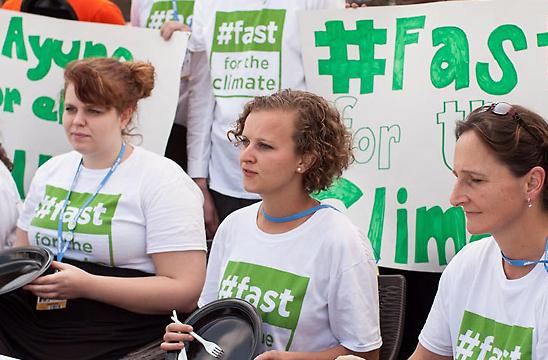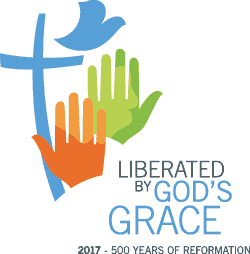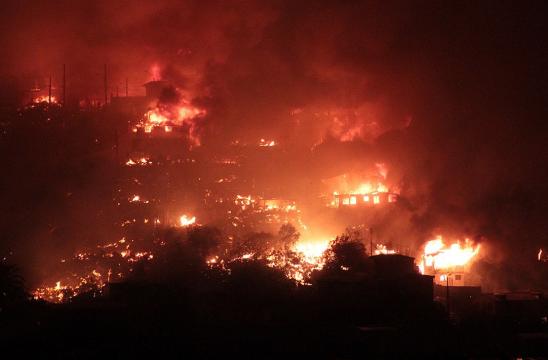Creation Is Not For Sale
It’s true that when Luther spoke out in the 16th century on God’s redeeming love, he was not thinking about the environment. Ecological challenges were not in the forefront at that time.
However, today many parts of the world face critical environmental challenges. In Africa, for example, many communities face tremendous pressure to find safe drinking water, while all around them huge extensions of communal land are being sold off or leased to the highest bidder. Water and land—resources that for centuries have sustained communities and which pastoralists have held in common—are now moving into the marketplace. They have become commodities and communities who have relied on them have been forced to migrate, often to urban slums where there are few or poor services.
Luther’s intervention at the time of the Reformation reminds us that there are aspects of life on this planet which—for the sake of both earthly and eternal life—should not be commodities, should never be for sale. That includes the good creation that God has given us to watch over.
That is why we declare in the context of the 500th anniversary of the Reformation in 2017, “Creation is not for sale.”
Read the booklet: Creation - Not for Sale
#fastfortheclimate – One fast. One day. Every month.
The LWF is calling for a fast on the first day each month until December 2015, when the 21st session of the Conference of the Parties (COP 20) to the United Nations Framework Convention on Climate Change will take place in Paris, France.
We, a global Lutheran communion of churches, fast because we are committed to caring for Creation and preserving it for future generations.
We fast in solidarity with the poor and vulnerable, who are unduly affected by extreme weather events.
We fast to underline the urgency of the negotiations on climate change.
We fast in many different places and faith communities worldwide, united in a common practice.
We fast for climate justice.



